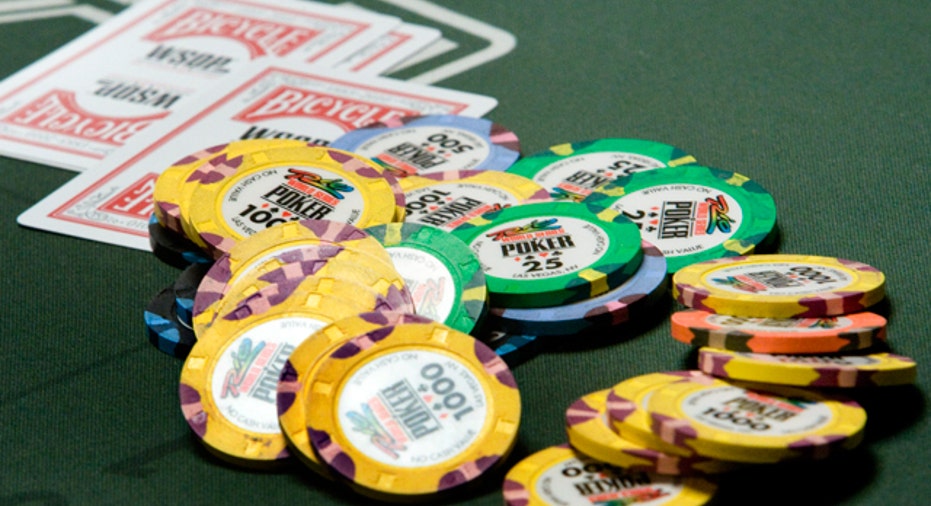Betting on Vice Over Virtue in ETFs

The rationale for vice investing is simple: bad habits are hard to kick, even in tough economic times.
From tobacco to sex and alcohol to gambling, consumers are always tempted to indulge in various "vices", giving investors’ confidence that these industries will always have business regardless of an economic downturn.
And sinful activities can be a smart portfolio play. The Vice Fund (NYSE:VICEX) is all sin all the time, devoting itself entirely to socially irresponsible stocks. The fund launched in 2002 and has outperformed the S&P 500 over the past three years by investing in manufacturers of gaming equipment, tobacco products and alcoholic beverages.
VICEX posted a 16.59% gain from 2009-2012, topping the S&P's 10.66% climb. The fund's top holders are tobacco manufacturers Altria (NYSE:MO), Philip Morris (NYSE:PMI) and Lorillard (NYSE:LO), accounting for more than 16% of its assets.
Despite the mutual-fund industry's overall exposure to some of these "sinful" stocks, exchange traded funds have yet to fully embrace the strategy. In fact, a sin ETF launched by FocusShares based on the ISE SINdex, an index tracking alcohol producers, casinos and tobacco manufactures, closed within a year after failing to gain market traction, leaving no ETF exclusively devoted to sin stocks.
The closest thing to a vice exchange traded fund is the Market Vectors Gaming ETF (NYSE:BJK) which is comprised of companies that generate more than half of their revenues from the gaming industry. BJK is up more than 8% so far this year and 12.8% over the past 6 months, nearly double the return of the S&P 500. Las Vegas Sands (NYSE:LVS), Sands China and Galaxy Entertainment are BJK’s largest holdings, accounting for approximately 23% of its assets.
While there is no ETF invested solely in alcohol or tobacco, there are funds that give investors exposure to publicly traded companies benefiting from the business of producing guilty pleasures. The iShares S&P Global Consumer Staples Index (NYSE:KXI) provides exposure to high-yield, dividend-paying tobacco and alcohol companies. Philip Morris, Altria, British American Tobacco, Anheuser-Busch Inbev (NYSE:BUD) and Diageo (NYSE:DEO) are among the fund's top 10 holdings, accounting for 16% of its assets. KXI is up 16.8% over the past year and 37.8% over the last five years.
Of course, there’s another sin investment that remains lucrative: sex. Demand for pornography, condom manufacturers, gentlemen’s clubs and medications aimed to enhance sexual performances fuels the multibillion-dollar industry.
The PowerShares Dynamic Pharmaceuticals’ (NYSE:PJP) is a way for investors to play Pfizer’s (NYSE:PFE) Viagra and Eli Lilly’s (NYSE:LLY) Cialis, which each garnered approximately $2 billion in sales last year. Pfizer and Eli Lilly account for more than 10% of the fund, which is up 134.7% over the past five years.
So, despite the fact that there are no ETFs specifically geared toward sin stocks, several funds are poised to profit off “bad” habits, and if recent performance is any indication, the “no morals” investment strategy is working just fine.



















